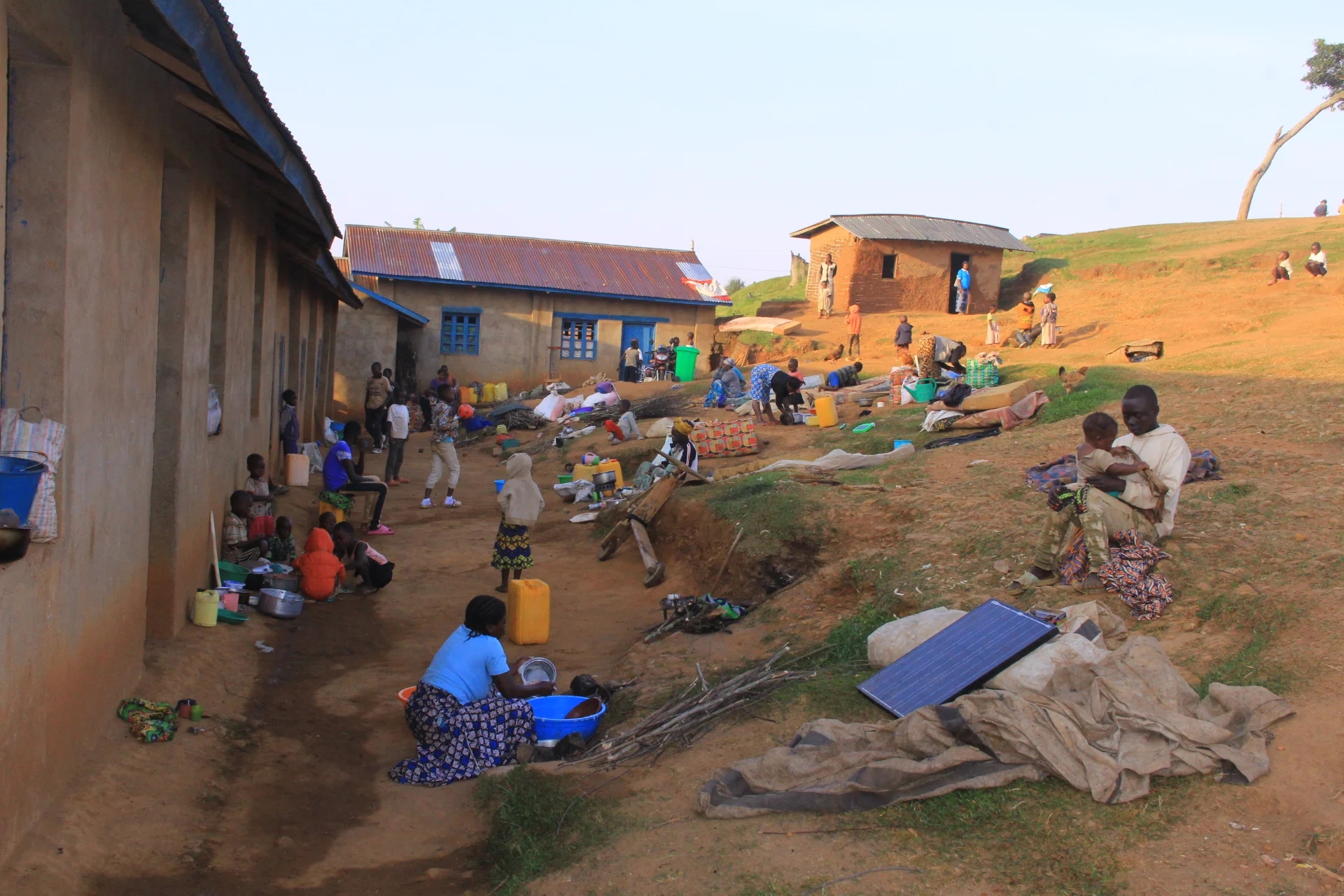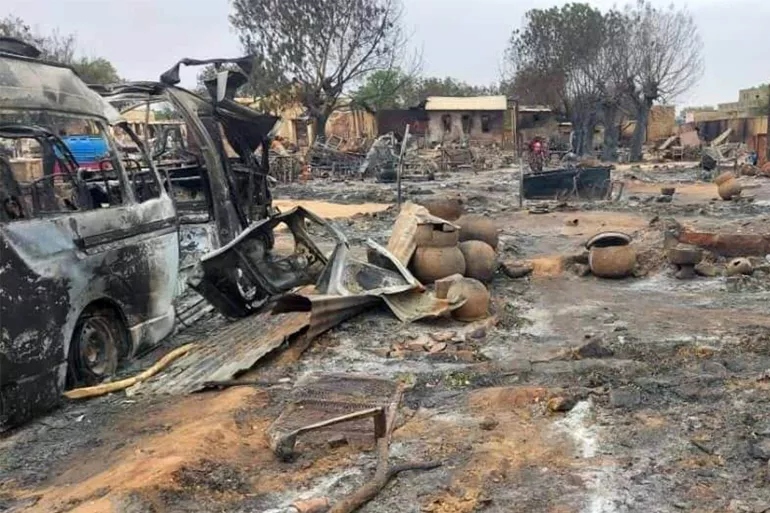DR Congo's War-Displaced Suffer Rebel Shelling and Militia
Abuses
Residents of displacement sites in Goma, the largest city in
the eastern Democratic Republic of the Congo (DRC), live in constant fear
following deadly artillery strikes last month and rampant sexual violence and
robberies in the camps.
On May 3, shelling killed 35 civilians in two camps
sheltering people displaced by the two-year conflict between the M23 rebel
group and DRC's army. The M23, supported by Rwanda, and the Congolese army,
backed by local militias, Burundian soldiers, and southern African troops, are
both implicated in the attacks. Camp residents, however, also hold the
Congolese military accountable for positioning heavy weapons around the camps,
making them targets.
Eric Chiza, from the 8th CEPAC camp, which is located on
church grounds and was one of the sites hit, recounted the devastation: his
brother was badly wounded, several friends were killed, and his home was
destroyed. Camp residents have urged authorities to relocate their weapons away
from populated areas.
The M23, led by Congolese Tutsis, claims to be fighting
because the government violated a 2013 peace accord and to protect local Tutsis
from militias. However, Rwanda is widely believed to be using the group to exert
influence in eastern DRC.
The ongoing conflict has displaced around 1.5 million
people, with 700,000 seeking refuge in Goma. Local and international
humanitarian efforts have been insufficient to address the overcrowded camps'
lack of basic facilities.
Pro-government forces, including the army and local militias
known as Wazalendo, have increased militarization in Goma and the camps. Chiara
Maugeri, field coordinator in Goma for Médecins Sans Frontières (MSF), reported
that the presence of armed men has exposed residents to high levels of
violence, including sexual violence. Maugeri stressed that displaced people
face the same dangers they initially fled and live in total insecurity.
Rashidi Myanitse, another resident of the 8th CEPAC camp,
described the daily struggles of camp life, exacerbated by the recent shelling
that severely wounded his sister and killed three of her children. Similarly,
Kanari Osse, who lost his brother in the shelling, lives in constant fear of
another attack.
Human rights defender Christophe Muissa from Filimbi called
on authorities to either move the camps or the army positions to protect
civilians. He suggested that the Congolese army might be using the population
to manipulate international perceptions of the conflict.
Displaced people also face threats from armed men within the
camps, leading to robberies, extortion, and assaults. François Batege
Ndayambaje, president of the nearby Lushagala camp, echoed these concerns and
requested well-trained police for security instead of soldiers, whose presence
heightens fear among residents.
MSF's Maugeri emphasized the need for warring parties to
respect international humanitarian law and protect civilians. She described the
humanitarian conditions in the camps as "deplorable," with a severe
lack of necessities.
Muissa urged the state to take responsibility for the
security and welfare of the displaced, stressing that they are innocent victims
seeking peace and security. Ndayambaje encouraged perseverance among camp
residents but acknowledged that fear would only dissipate with the return of
peace and the opportunity to go home.









.jpg)